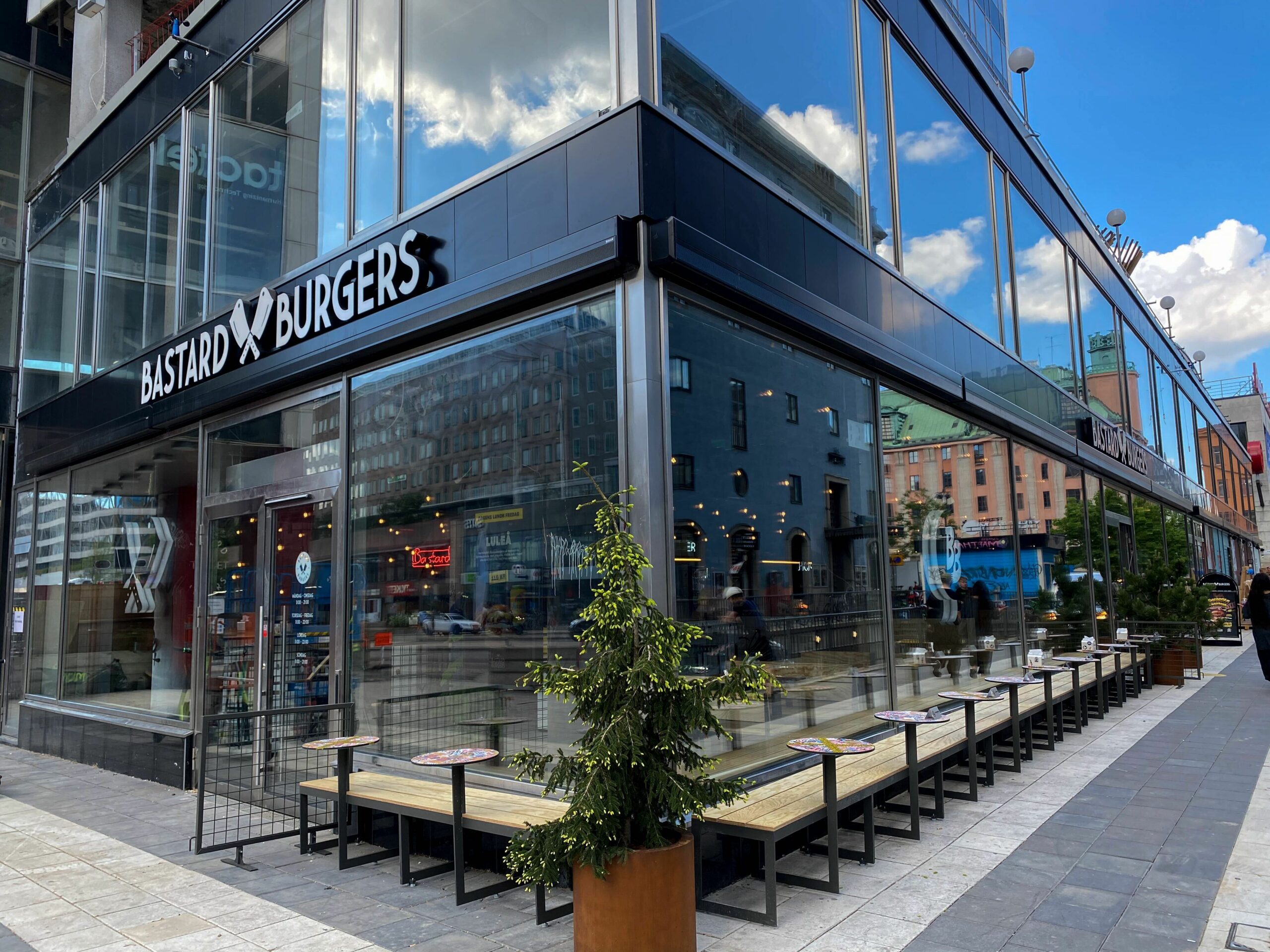Scania
WELCOME TO Scania
County Overview
Malmö
11,027 km2
1,369,715
Swedish
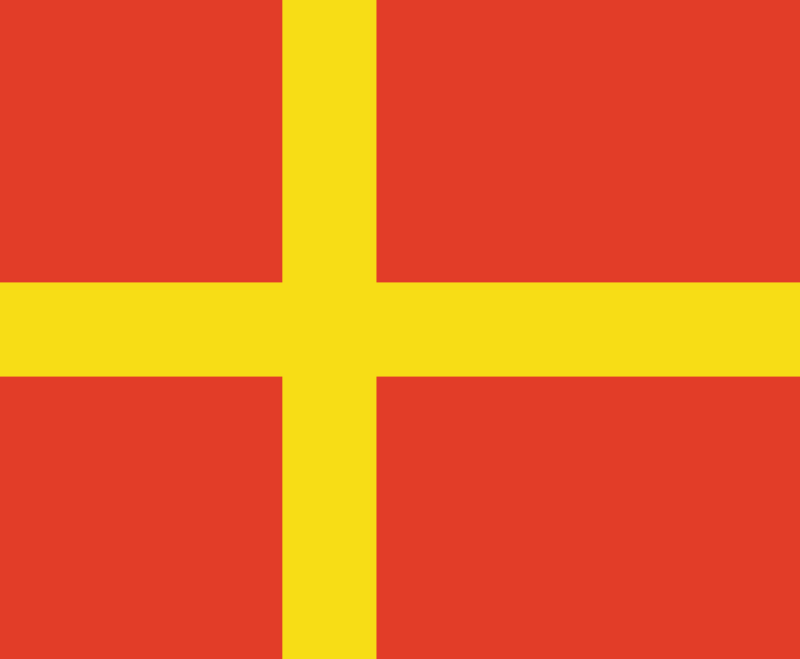
Popular
Geography and Tourist Attractions
Information about the province's tourist attractions, including popular destinations, events, and activities.
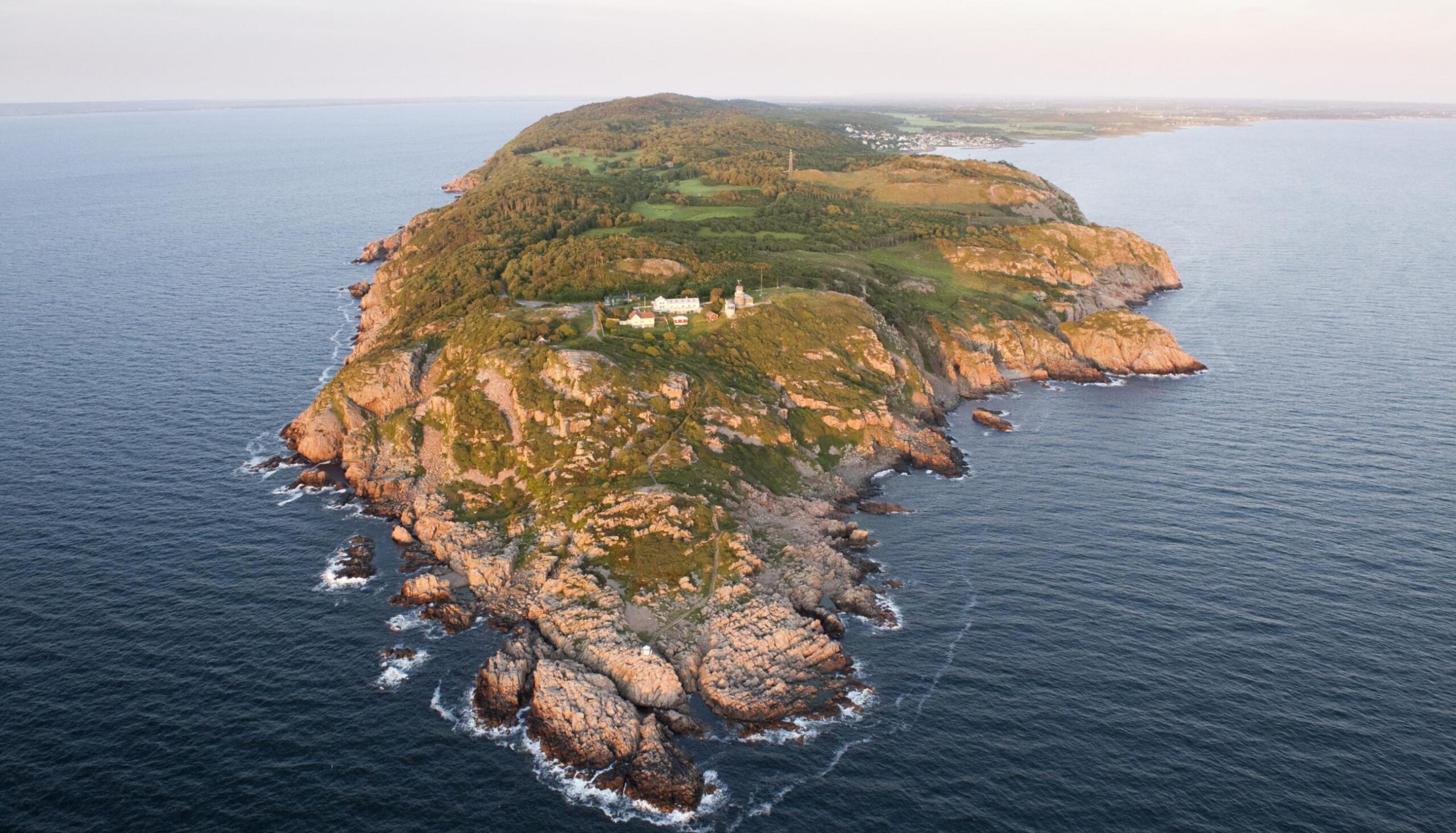
Kullaberg Nature Reserve
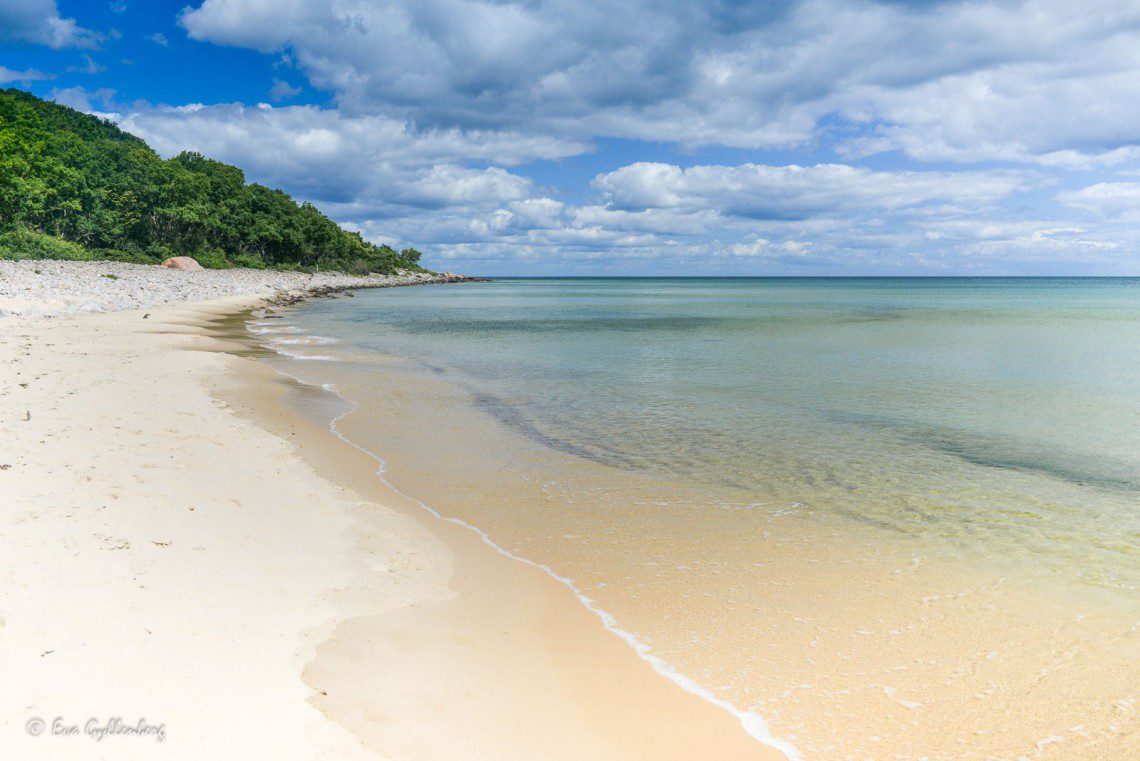
Stenshuvud National Park
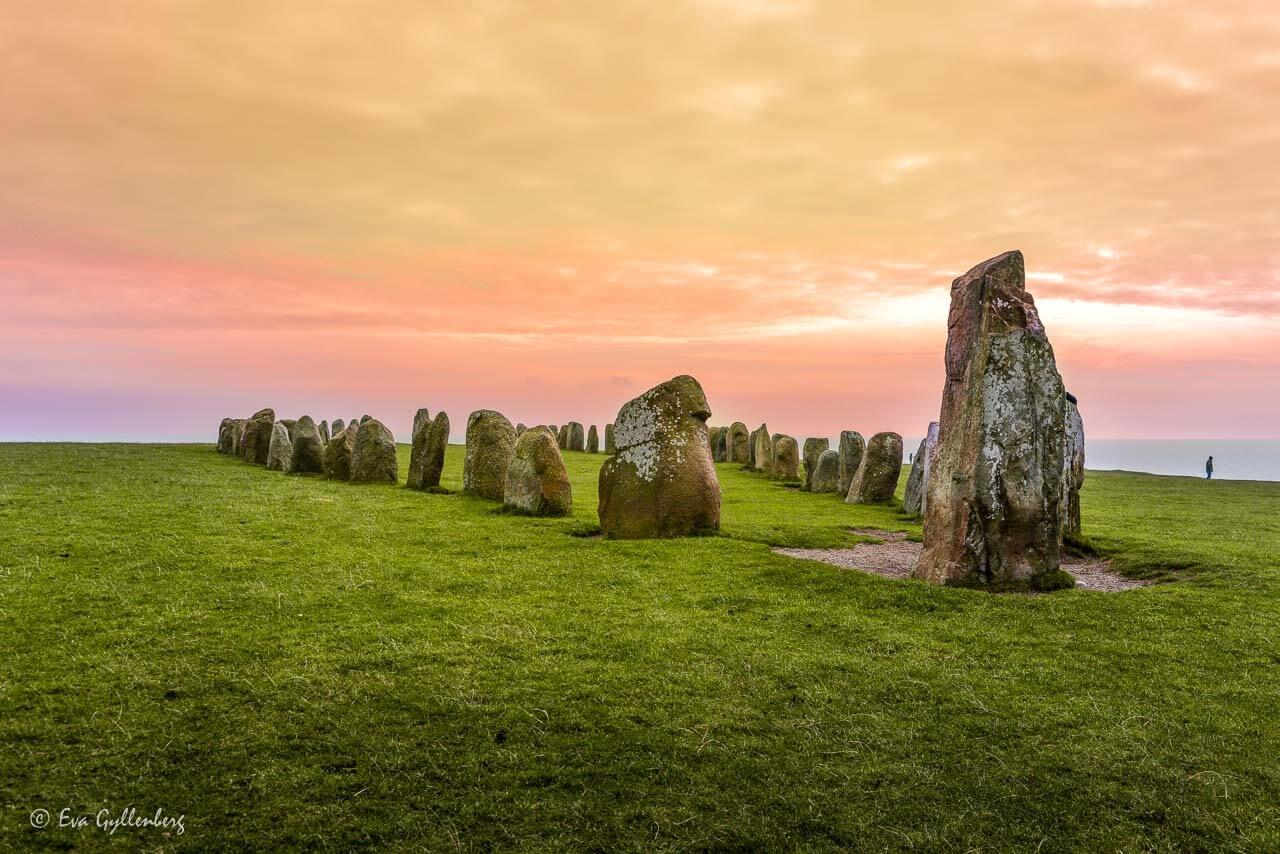
Österlen
Political
Economy and Government
The economy of Scania is diverse and is based on a mix of traditional and modern industries. The region has a strong agricultural sector, with wheat, rapeseed, and sugar beets being some of the major crops grown here. Scania is also a hub for innovation and technology, with a number of prominent companies, such as Ericsson, headquartered in the region. The city of Malmö has a vibrant startup scene and is home to several co-working spaces, accelerators, and incubators.
The government of Scania is governed by the Skåne Regional Council, which is responsible for a range of issues, including healthcare, regional planning, and economic development. The council is made up of 81 members who are elected every four years. The council is led by a regional board, which is responsible for implementing the council's decisions and overseeing the day-to-day operations of the region.
Scania has a reputation as one of the most politically progressive regions in Sweden, with a history of social democracy and a strong tradition of environmentalism. The region has been at the forefront of efforts to promote sustainable development and has set ambitious targets for reducing greenhouse gas emissions and promoting renewable energy.

History
History and Culture
The region of Scania has a rich cultural history, influenced by its position as a crossroads between Scandinavia, northern Europe, and the Baltic states. The region has a long and storied history, dating back to the Bronze Age, and was home to the powerful Viking dynasty of the House of Munsö.
Scania has been part of Denmark for much of its history, and the region has a strong Danish influence, particularly in its architecture and cuisine. In the 17th and 18th centuries, the region was known for its textiles, particularly linen, which were exported throughout Europe.
Today, Scania is home to a vibrant cultural scene, with numerous museums, galleries, and festivals celebrating the region's heritage. The city of Malmö is home to several major cultural institutions, including the Moderna Museet Malmö, which features contemporary art, and the Malmö Konsthall, a modern art museum. The region is also known for its music scene, with several prominent music festivals taking place throughout the year.
Scania is home to a rich culinary tradition, with a focus on local and sustainable ingredients. The region is particularly known for its seafood, as well as its pastries and baked goods. The city of Malmö is also known for its diverse range of international cuisine, with everything from traditional Swedish fare to Middle Eastern, Asian, and African cuisine on offer.
HOTELS
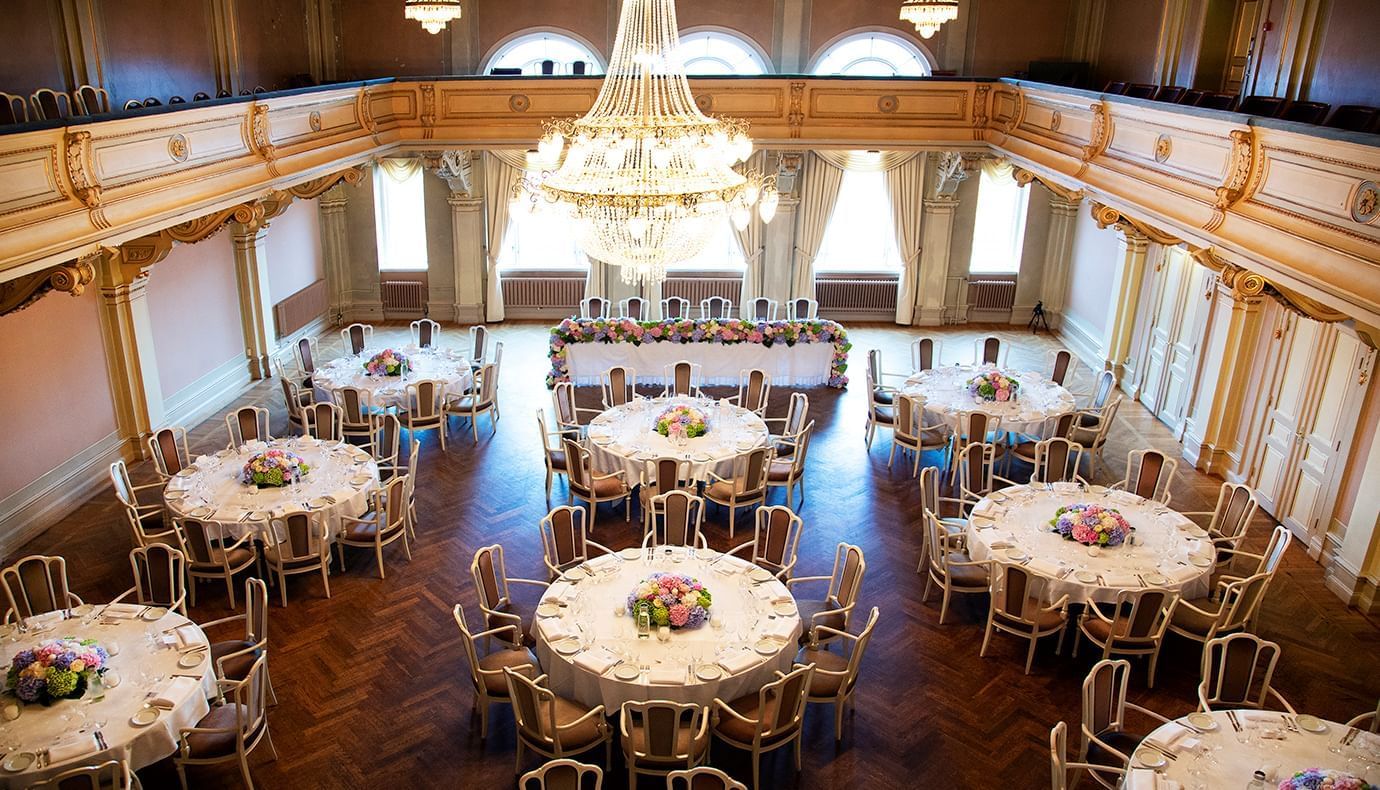
Grand Hotel Lund
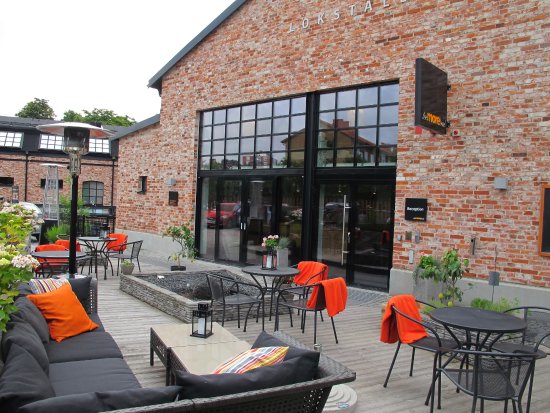
The More Hotel Lund
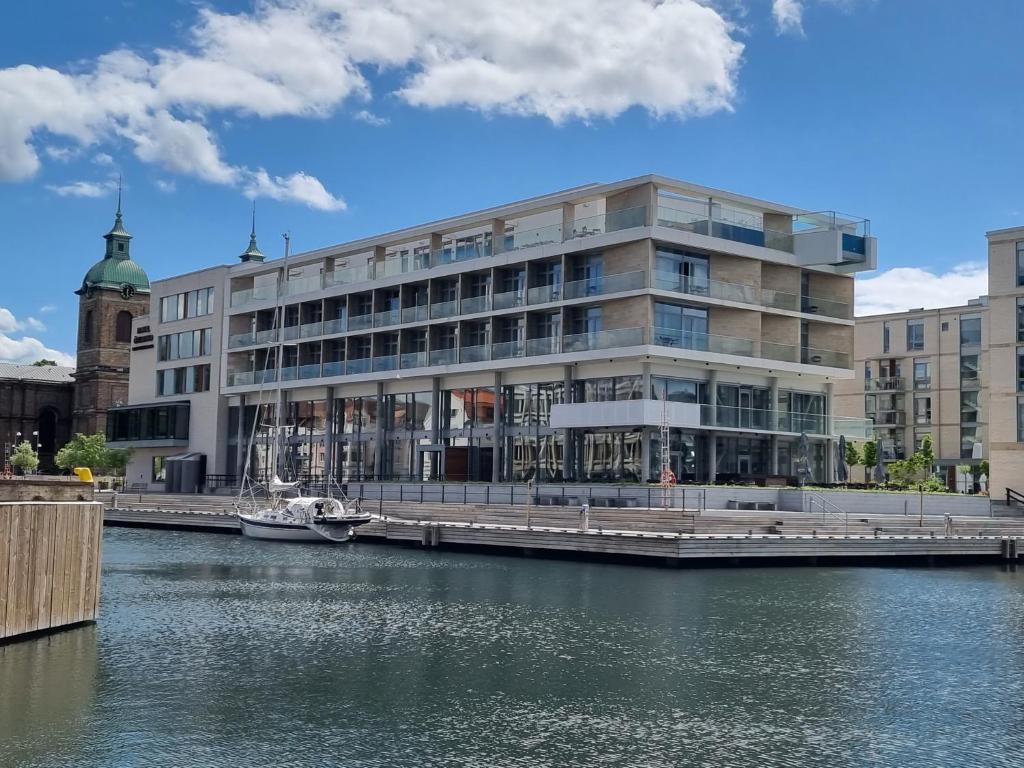
Hotel Öresund Conference & Spa
RESTAURANTS
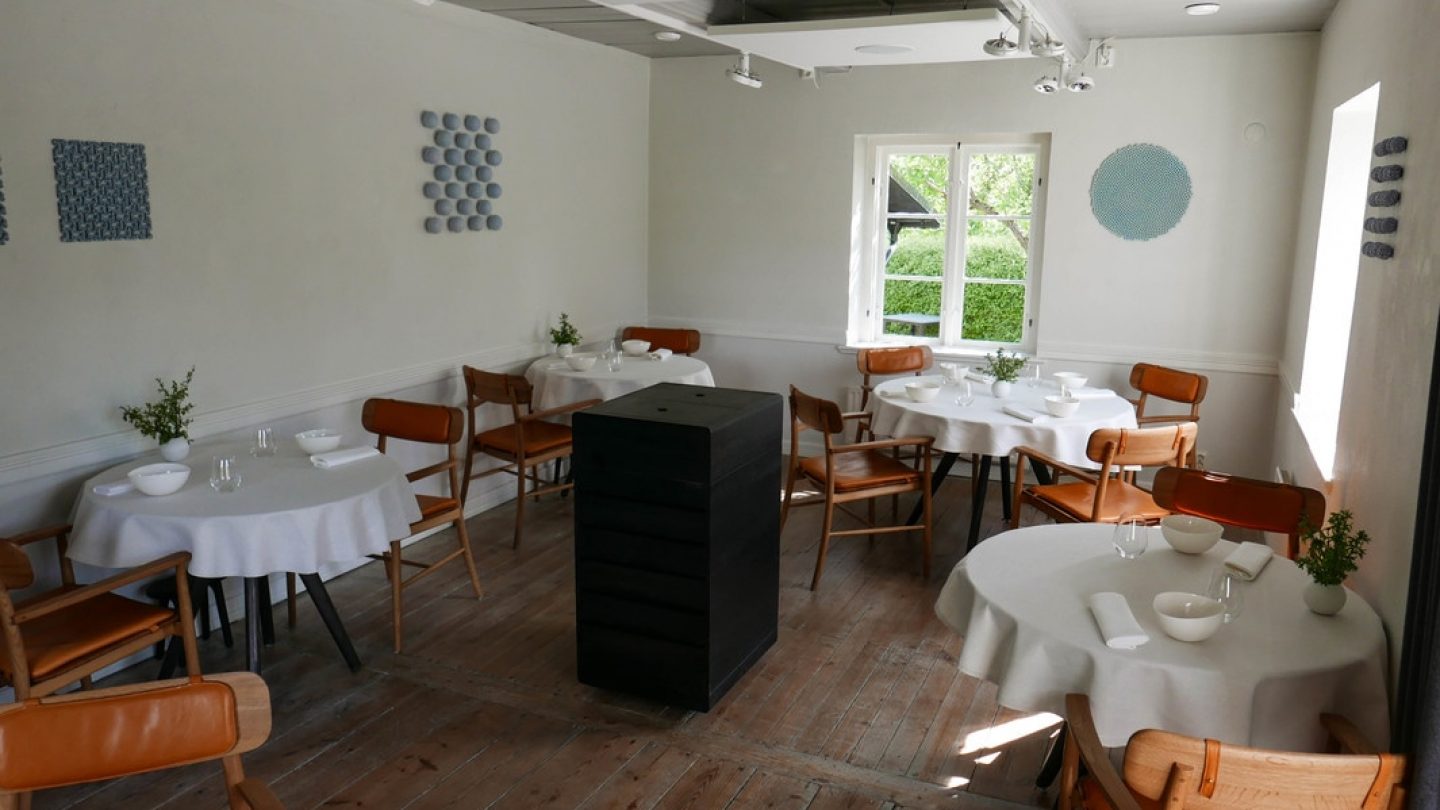
Daniel Berlin Krog
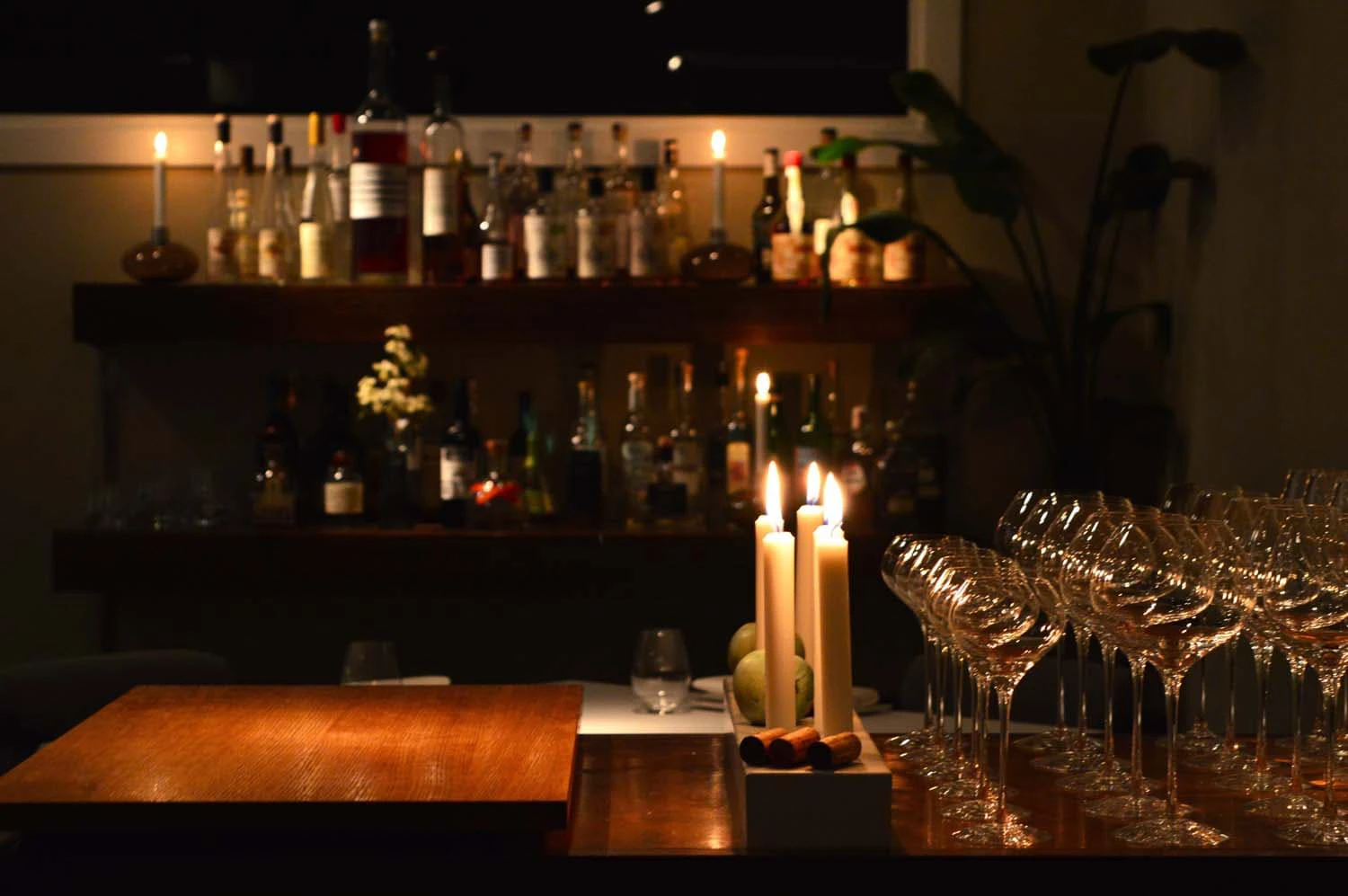
Vollmers
